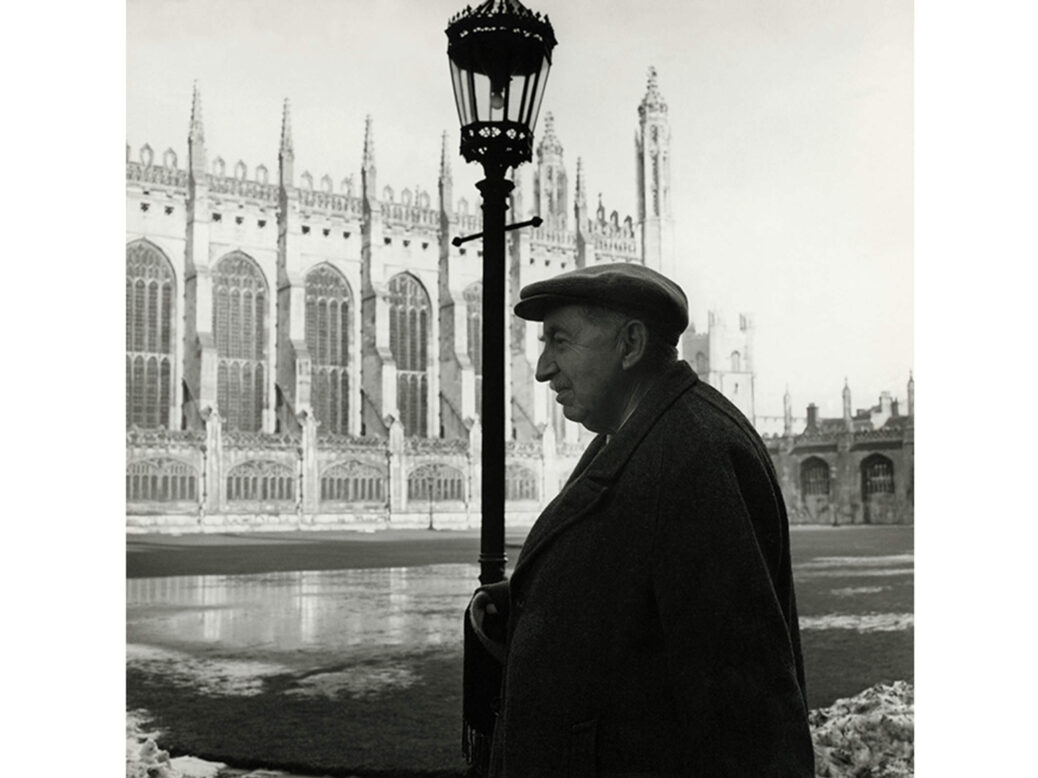
Arctic Summer
Damon Galgut
Atlantic Books, 355pp, £17.99
In her 1939 essay “The Art of Biography”, Virginia Woolf described this as “the most restricted of all the arts”. “The novelist is free; the biographer is tied,” she wrote. Arctic Summer, a novel about E M Forster by the South African writer Damon Galgut, suggests that reality can press just as heavily on the novelist as on the biographer.
Many of Galgut’s novels are set in contemporary or near-contemporary South Africa, focusing on the idealism and corruption of the country post-apartheid. The life of Forster, middle-class chronicler of middle-class English values, seems an unlikely subject.
In fact, the themes of Forster’s life and writing coincide with those of Galgut’s work: the false promise of progress, ambiguous relationships between men, the weight of loneliness and the difficulty of authentic connection. Arctic Summer opens in 1912 with Edward Morgan Forster on his way to India to visit his friend and former pupil Syed Ross Masood, the Oxford-educated son of a prominent Indian family. Forster, virginal and inhibited, had been in love with Masood for some time. He was 33 years old and a successful novelist (his trip was funded by the proceeds of Howards End). It was only the second time in his life that he had been away from his mother for any substantial period.
During his six months abroad, Forster started work on what became A Passage to India. It would take 12 years and another stay in India, on this occasion working as private secretary to a maharaja, for him to finish the novel. After he left India the first time, Forster spent a couple of years living with his mother, equally hampered by her and
by his own diffidence (“I am leading the life of a little girl so long as I am tied to home,” he wrote to a friend). The First World War set him free, sending him to Alexandria where he worked for the Red Cross and had his first relationship, with a young Egyptian tram conductor. When the war ended, he returned to the suffocating conservatism of genteel English society while his friends (Virginia and Leonard Woolf, Lytton Strachey, D H Lawrence) busied themselves pushing creative and sexual boundaries.
Arctic Summer largely concerns the interval between the conception of A Passage to India and the novel’s publication. Galgut gamely represents the social and political climate in England on either side of the war, but his main interest lies in Forster’s experiences abroad: both his sexual encounters and the web of race and class in which he found himself caught. The novel draws on his letters and diaries, quoting them directly and re-creating episodes they describe. Galgut weaves scenes and phrases from A Passage to India throughout Arctic Summer in an attempt (as he explains in his acknowledgements) to “suggest the wide range of sources from which Forster may have drawn his material”. Suggestion is one thing, but such literal correspondence feels contrived – as do laborious explanations of how Forster translated his experiences into fiction:
The people he imagined were . . . made from those he’d encountered in India. Nobody was precisely anybody: he built them from aspects and shards and impressions. He had learned, with his earlier novels, that if you screwed up your inner eye when looking at somebody familiar, you could glimpse a new personality, both like and unlike the original.
Despite its depiction of Forster’s struggle to write and to find happiness, Arctic Summer is oddly without direction. Novels about novelists can do things that biographies can’t: consider the psychological depth of Colm Tóibín’s The Master (Henry James) or the experimentation of Julian Barnes’s Arthur and George (Arthur Conan Doyle); but Galgut is too wedded to the latter genre to produce a completely successful example of the former. His best work – The Good Doctor (2003), The Impostor (2008), In a Strange Room (2010) – is remarkable for its intensity and restraint, the way in which it combines moral complexity with the clean lines of parable. Forster’s own fiction boasts a combination of the same elements.
Arctic Summer takes its title from a novel that Forster started writing in the year before his first trip to India but never finished. Asked why, in an interview with the Paris Review, he said he had been unable to decide what was going to happen: “The novelist should, I think, always settle . . . what his major event is to be.” It is this sense of event, of a shaping force behind the unwieldiness of life, that Forster found in the Marabar Caves in A Passage to India – and that Galgut lacks in his Arctic Summer.
Hannah Rosefield works for the British Library and is an editor at Review 31





